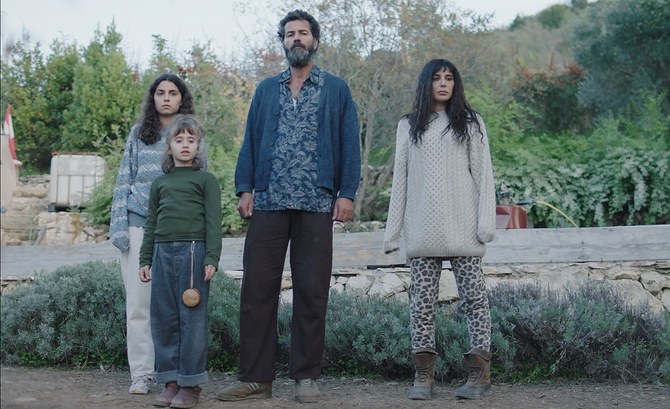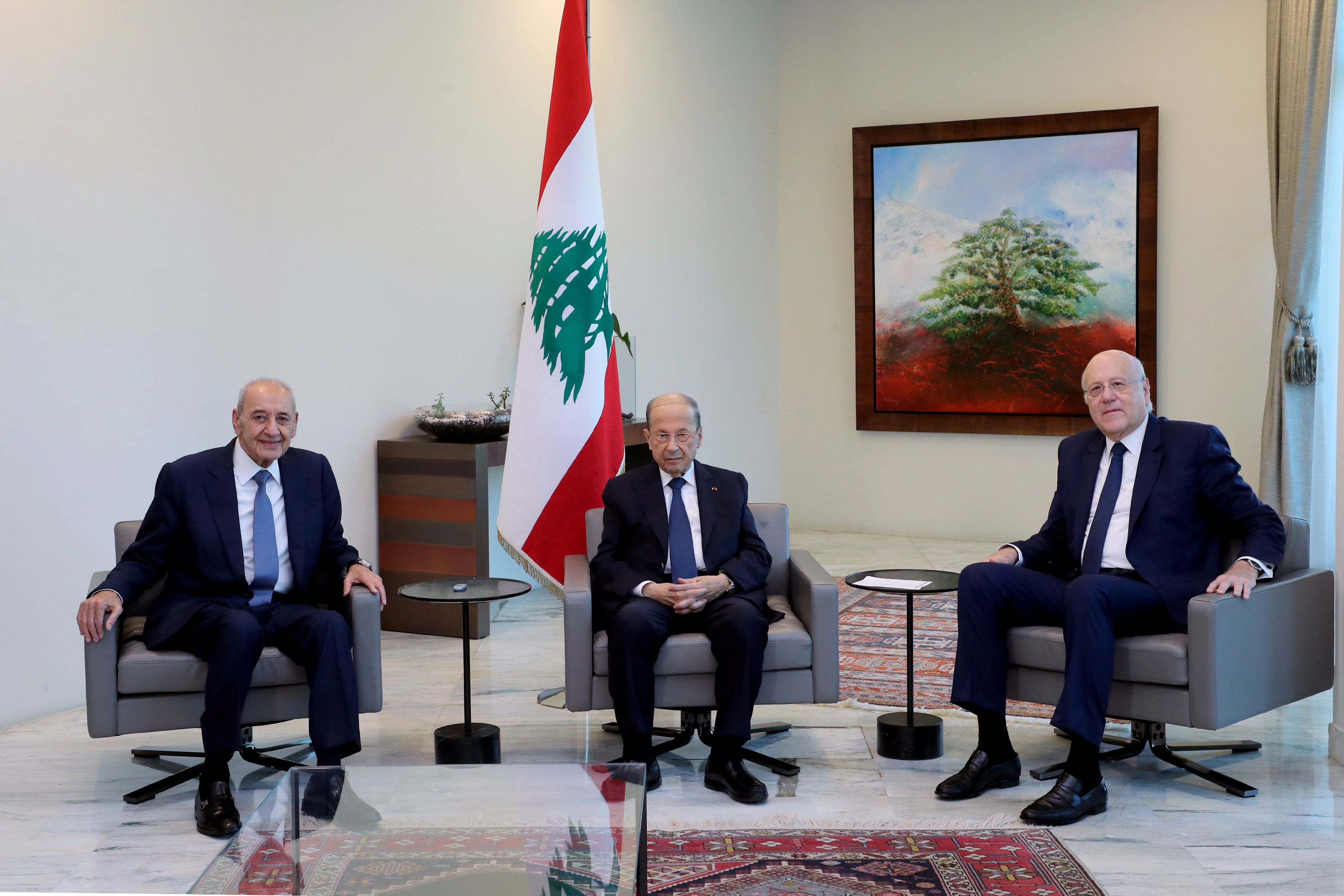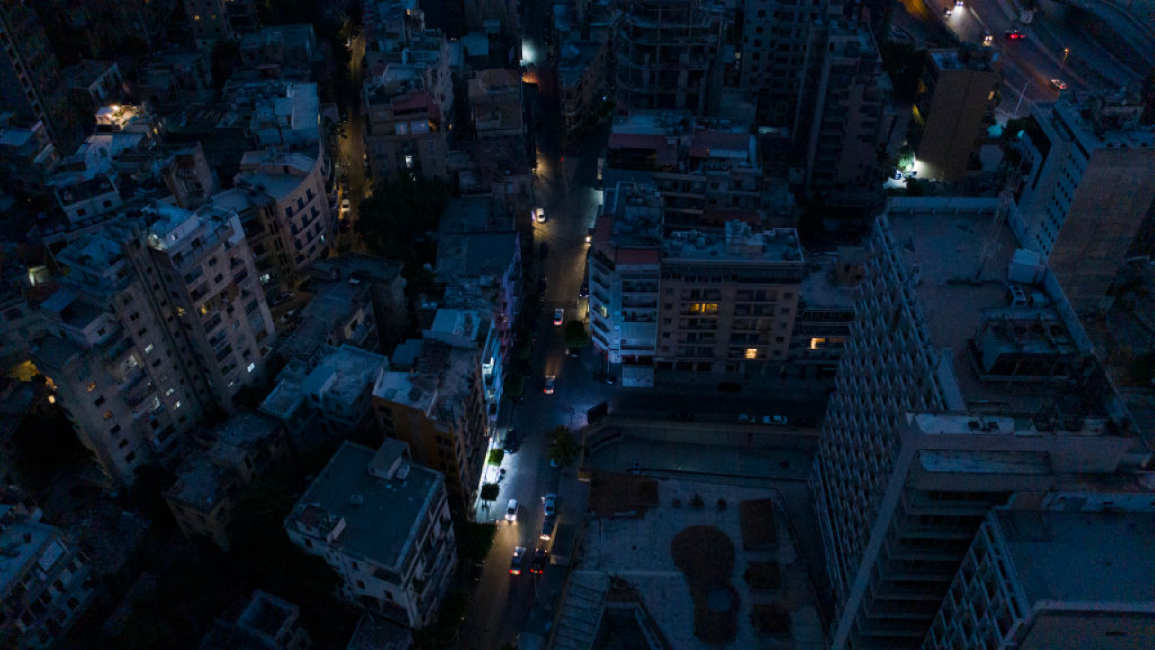
By REBECCA ANNE PROCTOR — arabnews.com — DUBAI: A busy traffic scene in downtown Beirut set to the backdrop of the crumbling silos destroyed in last year’s devastating port explosion tells the tale of a city fighting to get through another day. Life is anything but normal in the bustling Mediterranean city, and from the dockyard debris a crane lifts a foreboding large statue onto a truck as people hurl curses toward it. The statue is transported into the Lebanese mountains to be placed among piles of trash at a new landfill site that surrounds the home of the Badri family. This is the opening scene of Lebanese director Mounia Akl’s first fiction-feature film, “Costa Brava,” which premiered on Sept. 5 at the Venice Film Festival. The film also segues from Akl’s acclaimed 2015 short movie “Submarine” about Lebanon’s 2015 garbage crisis and the corruption behind it.
The opening images, with the sinister Beirut port silos lurking in the background, were not at first intended to be included in her film — a script she began writing four years ago. The 32-year-old filmmaker’s haunting and upsetting feature was originally meant to depict a dystopian Lebanon in 2030 at its worst. “I tried to imagine this dystopian future where none of our problems had been solved and the country was an extreme version of itself,” she told Arab News. “It was somehow a way for me to imagine the worst for myself in the same way you sometimes want to explore your trauma in a cathartic way. It was a way for me to imagine the worst in my mind as a way of avoiding the worst happening in my mind and in life.”





:quality(70)/cloudfront-eu-central-1.images.arcpublishing.com/thenational/NXOHLFORHDQITRLEACSLZRWKCI.jpg)



